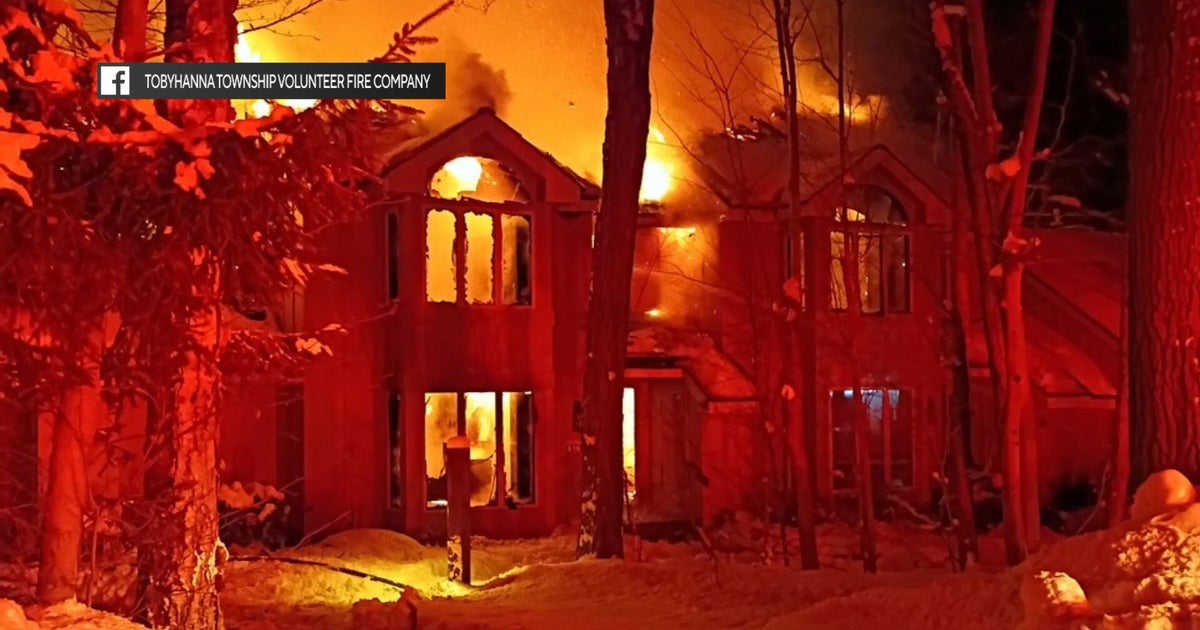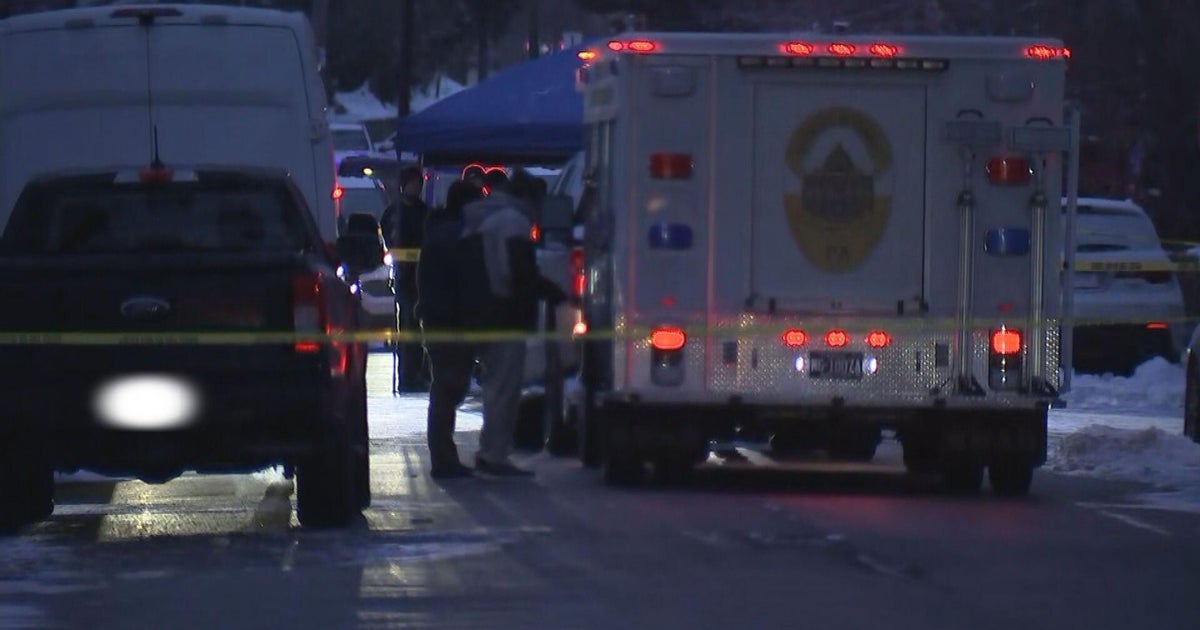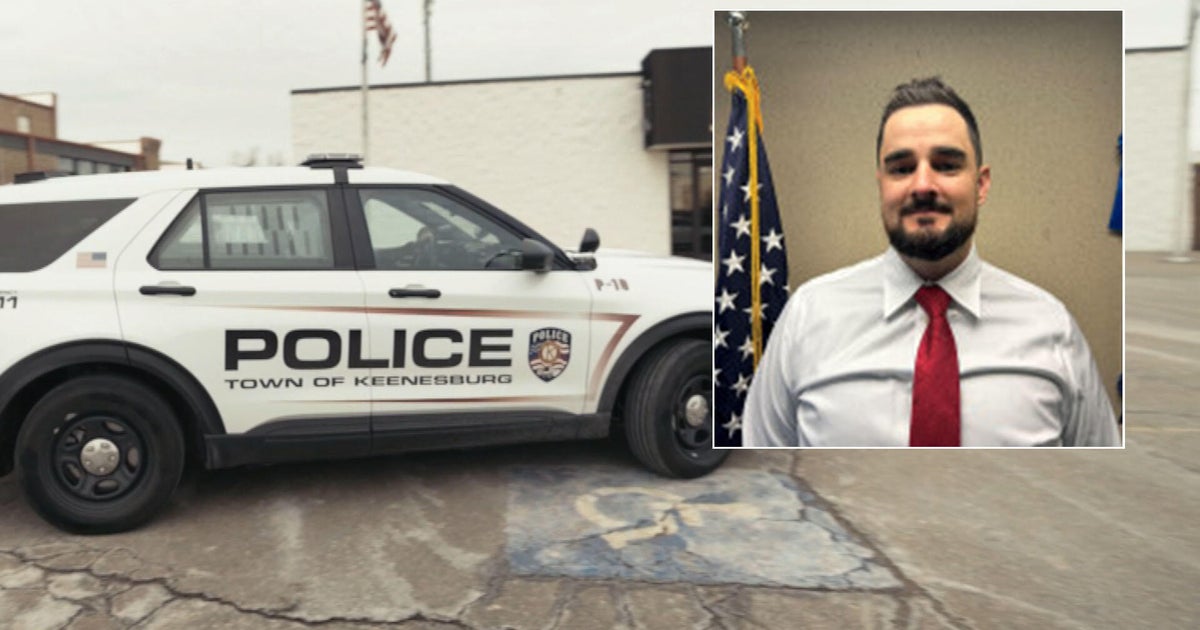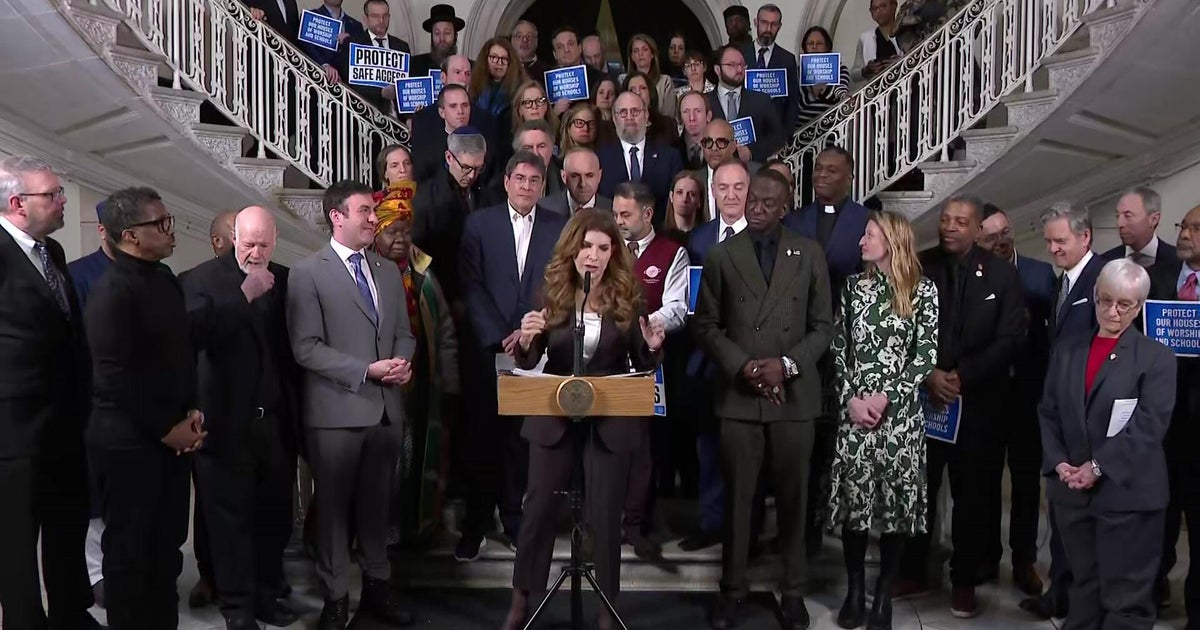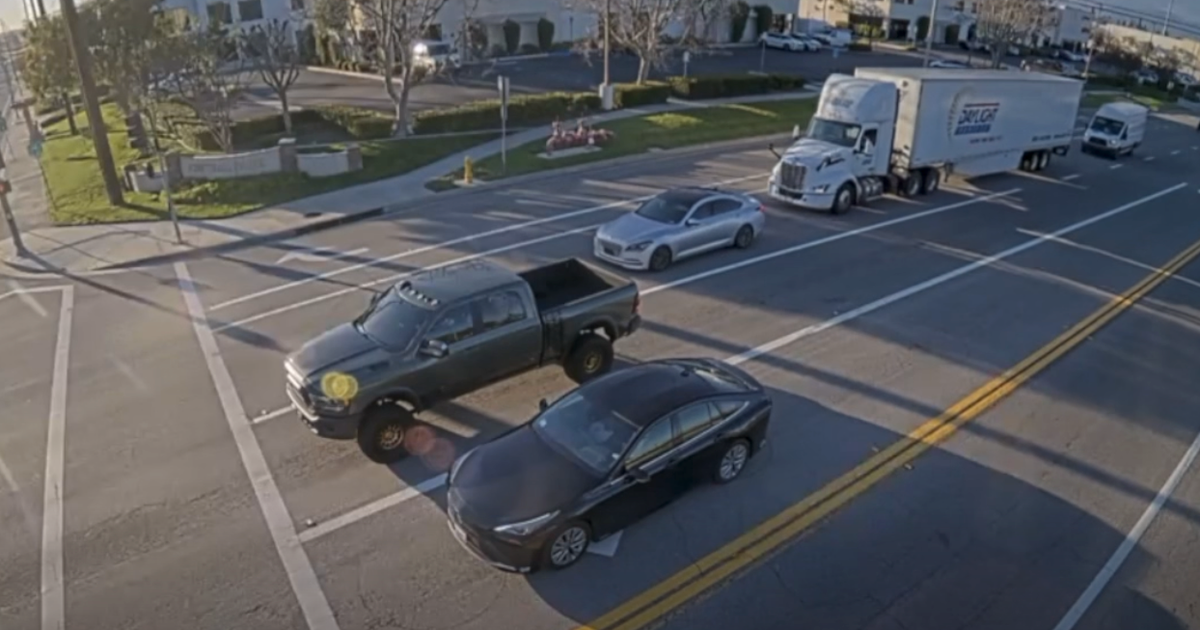Pa. Supreme Court Says Rapper's Music Crosses Line Of Free Speech, Used To Intimidate Cops
Follow KDKA-TV: Facebook | Twitter
PITTSBURGH (KDKA) - When gangsta rappers use music to call for harm to specific police officers, they cross the line between protected free speech and terroristic threats and intimidation.
That's the ruling of the Pennsylvania Supreme Court in a 24-page opinion written by Chief Justice Thomas Saylor. All seven justices agreed on the result, although two justices had different reasoning than the majority.
The case involved rapper Jamal Knox, arrested when two Pittsburgh officers found fifteen stamp bags of heroin in his vehicle, large sums of cash, and a loaded stolen firearm.
Shortly after his arrest, he and his accomplice wrote a rap song called "F--- the Police" and posted it on-line, calling out the police officers by name.
Rap Lyrics:
"This first verse is for Officer [name deleted] and all you fed force [expletive]."
"And Mr. [name deleted], you can [expletive] my [expletive]."
"Let's kill these cops, cause they don't do us no good."
When the named officers saw the video, they felt threatened.Knox was convicted of terroristic threats and intimidation, but he appealed, saying it was just a rap song protected by the First Amendment. In a separate video at the time, Knox insisted he's just an entertainer.
"We're in the studio right now, getting it in. I'm an entertainer. This is what we do. I'm only 18, Soulja 20. We're chasing our dream. That's all that it is. It's music to me. I'm a poet."
But in his rap tune he signaled knowledge of the cops' work shift and where they sleep, adding the following:
"I ain't really a rapper dog, but I spit wit the best. I ain't carry no 38, dog, I spit with a tec. That like 50 shots, [racial slur]. That's enough to hit one cop 50 on blocks."
The state Supreme Court said this was not some general anti-police song.
"The calling out by name of two officers involved in (Knox's) criminal cases who were scheduled to testify against him," wrote the Chief Justice for the Court, "and the clear expression repeated in various ways that these officers are being selectively targeted in response to prior interactions with (Knox), stand in conflict with the contention that the song was meant to be understood as fiction."
No decision yet on whether Knox will appeal to the U.S. Supreme Court.
